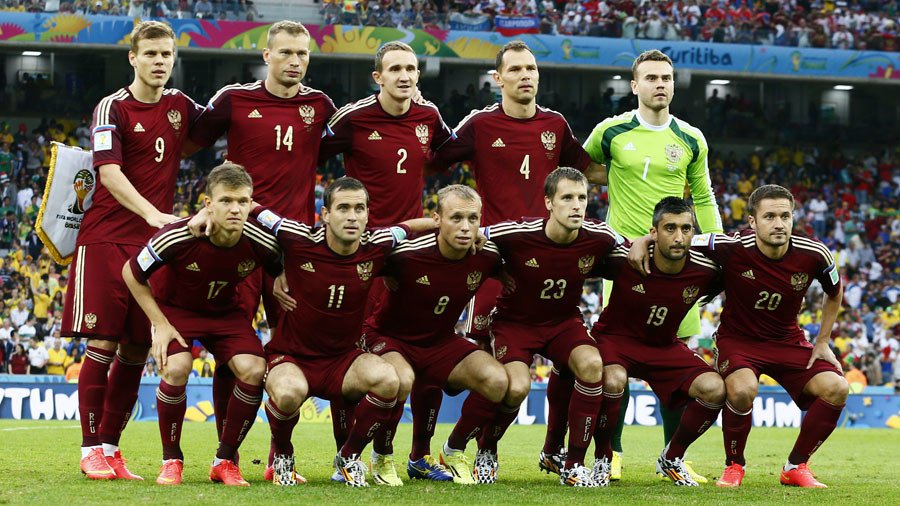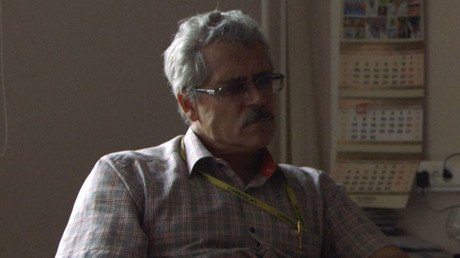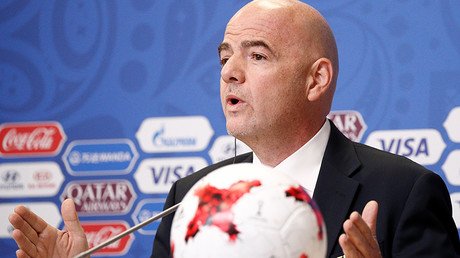FIFA sends questions to whistleblower Rodchenkov on Russian football doping

FIFA has stepped up its investigation into doping accusations surrounding Russian soccer by sending a list of specific questions to former Moscow lab head of anti-doping Grigory Rodchenkov.
Testimony from Rodchenkov included in the WADA-commissioned McLaren Report resulted in 34 cases of alleged doping from Russian national team soccer players, including members of the Brazil 2014 World Cup squad. World football’s governing body confirmed in a statement that it had sent the questions to Rodchenkov through a WADA designated lawyer.
“FIFA is already in possession of information from Dr. Rodchenkov, since we have been in contact with Prof. McLaren who gave us the information concerning football given to him by Dr. Rodchenkov,” the statement read, Sky Sports reported.
“In addition, after conducting an initial review of the new data from the Moscow laboratory provided recently by WADA, FIFA has now submitted a list of specific questions to the WADA designated lawyer for him to forward them to Dr. Rodchenkov.
“Moreover, FIFA has requested that a forensic analysis be conducted on a concrete number of samples (selected following the criteria set by WADA) and asked to be given priority. WADA informed FIFA that the order of priority will be made by the designated expert team. We haven’t heard from the expert team yet.”
It is reported that WADA retrieved 3,000 samples, including 154 from soccer players from the Moscow laboratory, which Rodchenkov headed, despite the fugitive doctor having destroyed around 8,000 doping controls in 2014.
FIFA also says it has access to additional evidence from a database from Rodchenkov’s laboratory that could help to prosecute doping cases in soccer in Russia.
Last summer, FIFA President Gianni Infantino responded to questions surrounding doping in the Russian national team at the final press conference of the 2017 Confederations Cup tournament. Infantino insisted all of the doping tests from the 23 Russian players taking part in Brazil’s 2014 World Cup had come back negative.
“All 23 Russian players were tested by UEFA accredited doctors and had everything tested. In this Confederations Cup all players were tested, not by Russian people outside of Russia, but by people in our laboratory in Lausanne,” the FIFA president said.
“All these tests, including, in addition, all these tests, not made in Russia, all done in WADA laboratory tests, all tests so far have given negative results. There can be no sanctions. Some people will want sanctions, but if there are no negative results, how can there be?” he said.
In December, the International Olympic Committee (IOC) Executive Committee banned Russia from the upcoming 2018 PyeongChang Winter Olympic Games next month and also handed lifetime bans to 42 Russian athletes due to alleged doping violations at the 2014 Winter Olympics in Sochi. Last week, Rodchenkov’s lawyer announced the 59-year-old will provide testimony in the Court of Arbitration for Sport (CAS) appeal hearings of the 42 Russian athletes, which will be heard the week beginning January 22.














